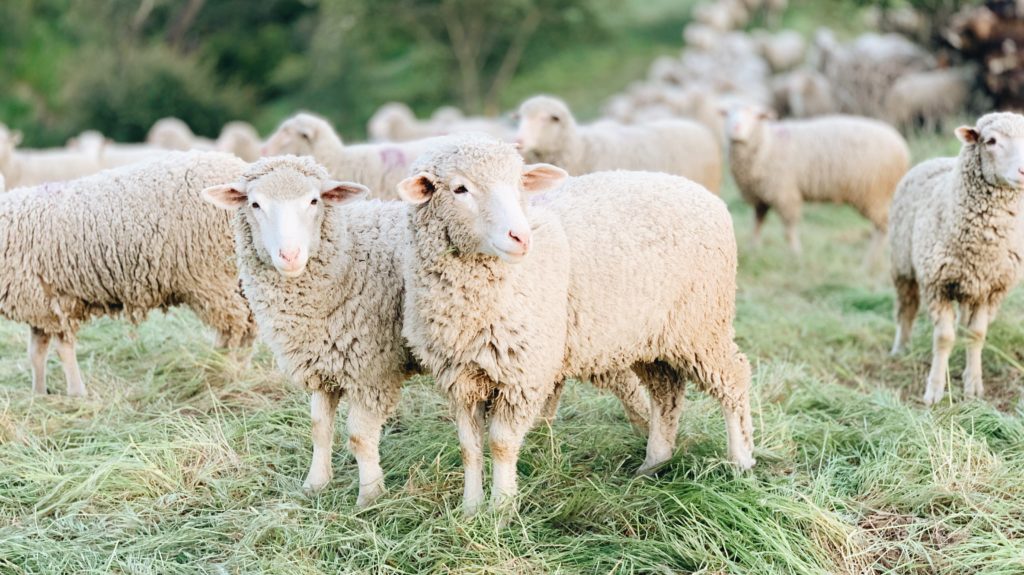The UK government just announced plans to end live animal exports.
After the post-Brexit transition period ends on December 31, the UK can pursue plans to ban the live export of animals, such as sheep and cattle, from England and Wales for fattening or slaughter abroad.
The UK’s Environment Secretary, Conservative MP George Eustice, shared the plans on Thursday. He referred to live exports as an “unnecessary practice.”
“We are committed to improving the welfare of animals at all stages of life,” Eustice said in a statement. “Today marks a major step forward in delivering on our manifesto commitment to end live exports for slaughter.”
According to internal figures, the UK exported approximately 6,400 animals to continental Europe for slaughter in 2018.
Exported animals endure long journeys. They typically also experience overcrowding, distress, exhaustion, and dehydration. Many die during transportation from exposure, being trampled, and occasionally from accidents on the road or at sea.
According to animal advocacy group Compassion in World Farming (CIWF), live exports also contribute to the spread of zoonotic diseases, such as foot and mouth and avian flu.
Did you see today's massive news?! 🙌
We’re on the verge of a huge breakthrough but the consultation outcome isn't guaranteed. Please sign our consultation response: https://t.co/USO62wpxFq pic.twitter.com/UfLkufYNGT
— Compassion in World Farming (@ciwf) December 3, 2020
Should Live Animal Exports Be Banned?
The decision to ban live exports follows decades of lobbying and protests from both the public and advocacy groups, including the notable Battle of Brightlingsea in 1995.
There are also ongoing campaigns in Ramsgate, Kent, where the local authority itself attempted to halt exports in 2012 following the deaths of 46 sheep, 44 of which were euthanized due to sickness.
The UK government also plans to consult on proposals for additional improvements to animal welfare during transport. These include reduced maximum journey times and decreased crowding. There will also be stricter rules on transporting animals in extreme temperatures.
“Compassion in World Farming is delighted that Defra plans to ban live exports for slaughter and fattening,” said Peter Stevenson, OBE, the Chief Policy Advisor for CIWF. “We have campaigned for over 50 years against the massive suffering caused by this inhumane, archaic trade, so this unambiguous proposal is very welcome.”
Due to the devolved nature of animal welfare legislation, the plans involve close consultation between the UK and Welsh governments. The results will also be shared with the Scottish government. The new plans will not impact the export or import of poultry for breeding purposes. Or the export of live animals from Northern Ireland.
Following an eight-week consultation, a package of reforms should reach Parliament in summer 2021.
“We have an opportunity to end this unnecessary practice,” said Eustice. “We want to ensure that animals are spared stress prior to slaughter.”


